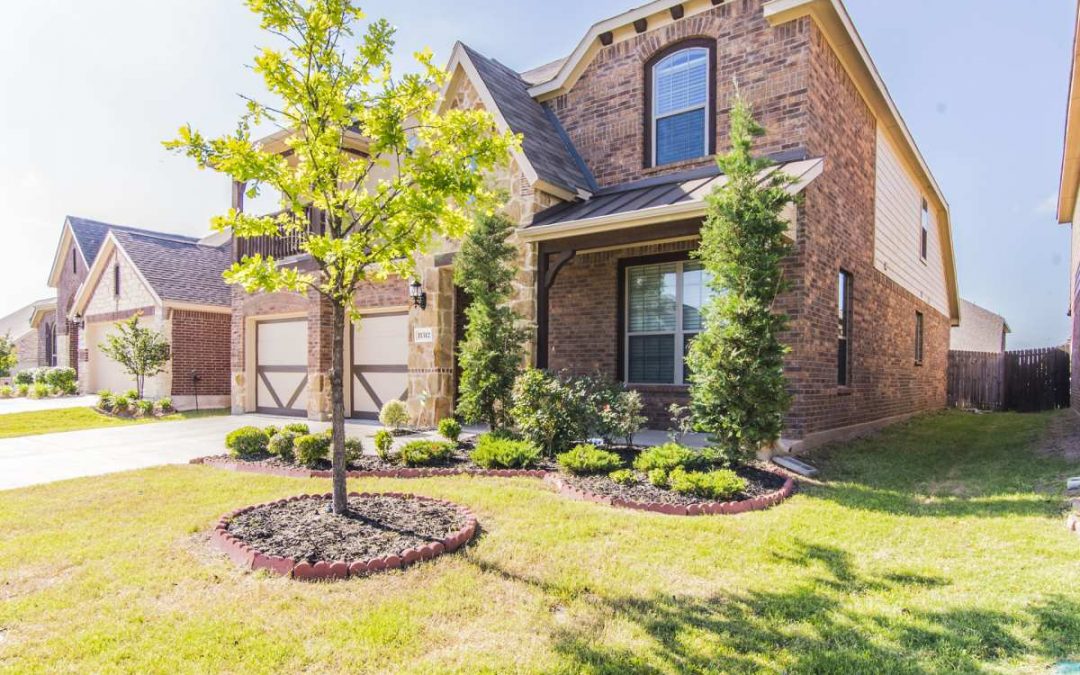Home to the Arbor Hills Nature Preserve and the Rowlett Creek Nature Preserve Trail, Frisco has a lot of natural beauty. Why not bring some of that beauty to your lawn with some of Frisco’s best grasses?
In this article:
Bermudagrass
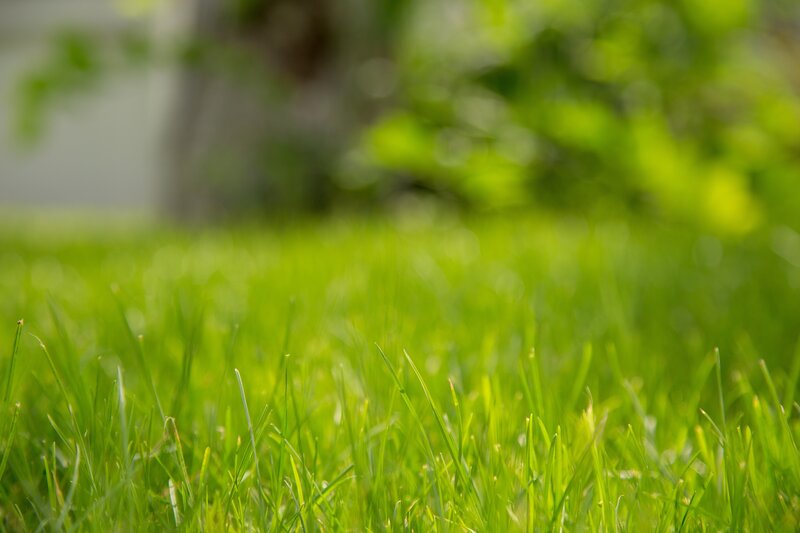
Photo Credit: Pexels
Bermudagrass is popular in Frisco because it tolerates drought quite well, allowing it to hold up nicely to our hot summers. It also requires lots of sunlight, so Bermudagrass might not do as well if you have a shady yard.
Bermudagrass is used in golf courses, lawns, and athletic fields because it tolerates heavy foot traffic and low mowing heights.
Classification: Warm-season grass
Spreads by: Both stolons and rhizomes
Shade tolerance: Low
Drought tolerance: High
Foot traffic tolerance: High
Maintenance needs: Moderate
Mowing Height: 1.5 – 2.5 inches
Potential for disease: Low
St. Augustinegrass
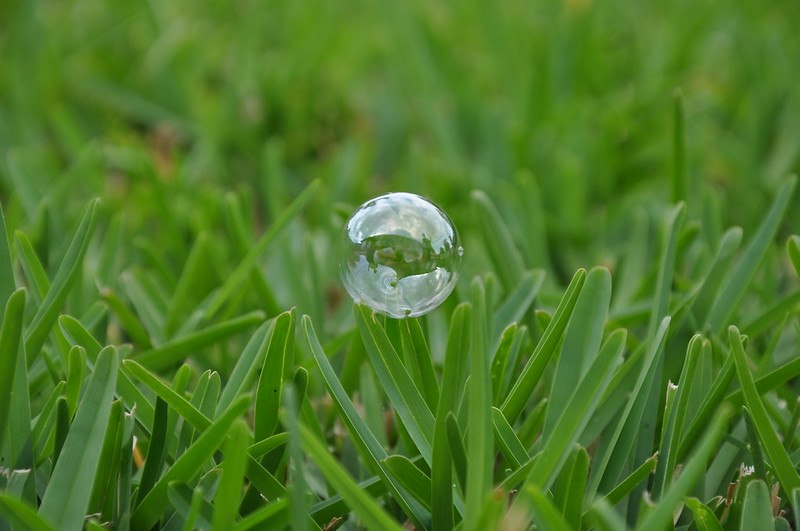
Photo Credit: Jay Morgan / Flickr / CC BY-ND 2.0
Shade- and drought-tolerant St. Augustinegrass is a popular choice for lawns and recommended for any property that doesn’t get much sunlight.
However, St. Augustinegrass doesn’t tolerate heavy foot traffic, cold, or diseases well, so be careful if you have a brutal winter. Likewise, if you plan on having kids and pets in the yard, this isn’t the right grass for you.
Classification: Warm-season grass
Spreads by: Stolon
Shade tolerance: High
Drought tolerance: Moderate
Foot traffic tolerance: Low
Maintenance needs: Moderate
Mowing Height: 2.5 – 3.5 inches
Potential for disease: High
Buffalograss
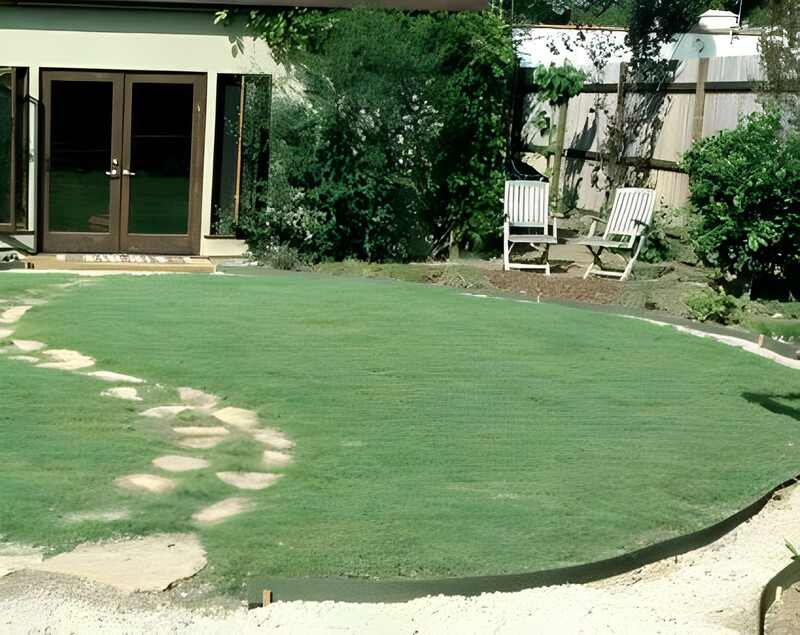
Photo Credit: Susan Harris / Flickr / CC BY 2.0
If you don’t like watering your lawn, buffalograss is a great choice. It’s naturally drought-tolerant and disease resistant (meaning it doesn’t require extra fertilizer or pesticides). Its lower and slower growth rate also means you don’t need to water it as much as other grasses.
Buffalograss has a cool, green summertime color, making it a very attractive turf. It also has finer and drier leaves than other grasses, so it doesn’t clump or thatch when you mow it.
Classification: Warm-season grass
Spreads by: Rhizome
Shade tolerance: Low
Drought tolerance: High
Foot traffic tolerance: Moderate
Maintenance needs: Very Low
Mowing Height: 2-3 inches
Potential for disease: Low
Centipedegrass
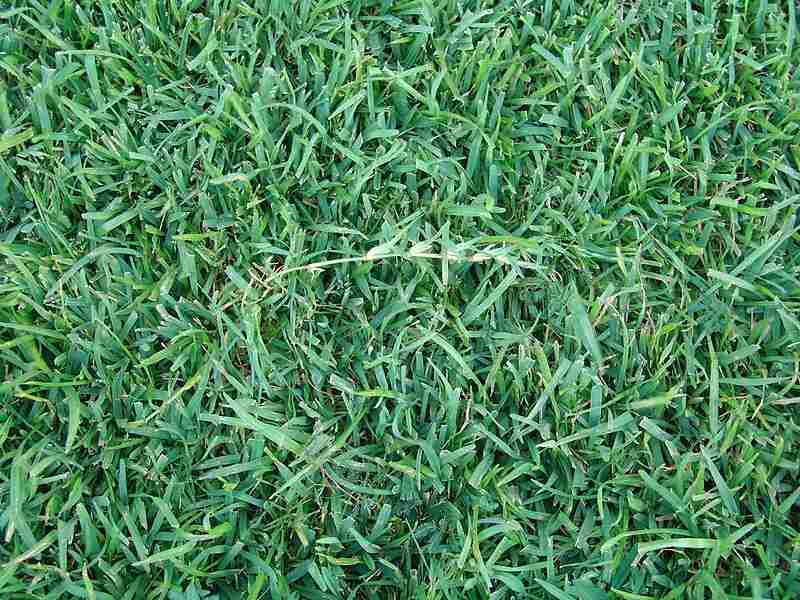
Photo Credit: James Becwar JamesBecwar / Wikimedia Commons / CC0
Want a low-maintenance lawn? Centipedegrass is probably your best bet. Its slow, low growth habit means you don’t need to mow or fertilize it as often as other warm-season grasses. It also tolerates diseases.
Centipedegrass doesn’t tolerate heavy foot traffic, cold, or shade. If you have a shady area or plan to use your lawn frequently, avoid this grass.
Classification: Warm-season grass
Spreads by: Stolon
Shade tolerance: Low
Drought tolerance: High
Foot traffic tolerance: Low
Maintenance needs: Low
Mowing Height: 1.5-2 inches
Potential for disease: Moderate
FAQ about grass types for North Texas
If you get a lot of shade, go for St. Augustinegrass.
Bermudagrass handles foot traffic very well, making it a great option for busy yards.
Either centipedegrass or bermudagrass is the way to go.
Centipedegrass and buffalograss handle highly acidic soils well, so either is a good choice.
The Final Word
Picking the best grass type depends on both your yard and your lifestyle. There’s no right or wrong answer.
Once you pick your grass, add some native plants to your yard. Not only are they good for the ecosystem, but they’ll look good in your yard while not needing much attention.
If you want a professional to do the work instead, contact one of Wikilawn’s lawn care pros, and we’ll lend a helping hand.
Main Photo Credit: Brent Eckley / Flickr / CC BY 2.0

